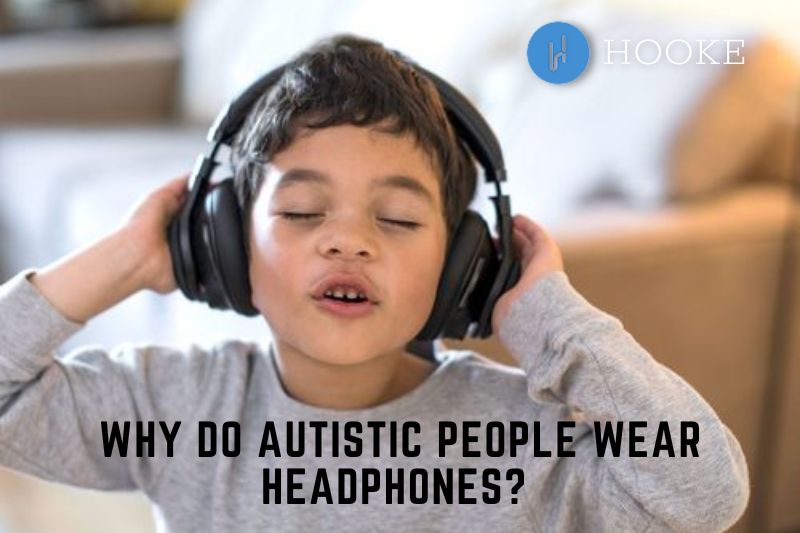Autistic people wear headphones for a variety of reasons. Some use them to tone down loud or unexpected noises, while others create a predictable setting. So, Why Do Autistic People Wear Headphones?
Headphones can also give the autistic who have trouble talking and socializing a sense of seclusion and control.
Many autistic people are hypersensitive to sirens, alarms, and fluorescent lights. These sounds can be overwhelming and cause anxiety, discomfort, or physical pain.
Contents
Why Noise Is A Problem For Autistic People?
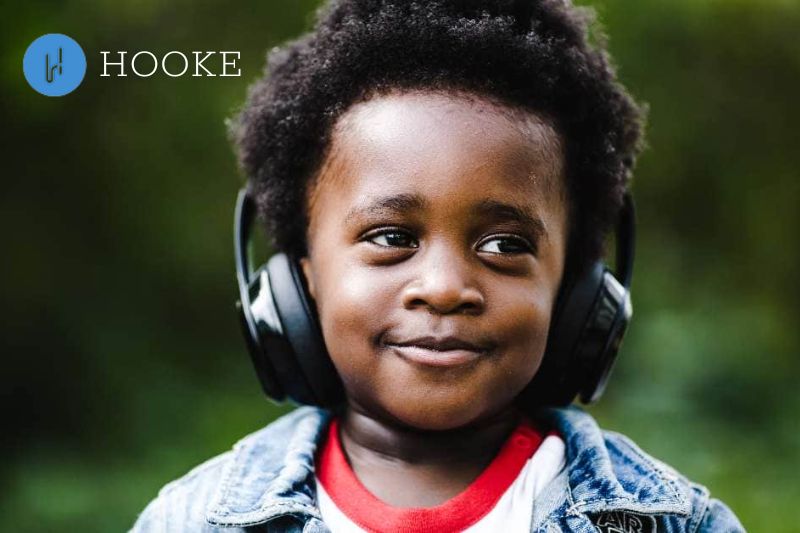
Autistic persons may be more sensitive to sensory input, making noise difficult for them. Sensory overload is when a person with autism spectrum has too many or too strong sensory experiences at once. This can cause discomfort, anxiety, or meltdowns.
Noise is one of the many sensory stimuli that can trigger sensory overstimulation in autistic individuals. An autistic kid’s brain may be overwhelmed by a car honking, a dog barking, or a loud conversation.
Some autistic childs have trouble focusing because they can’t filter out background noise. This is especially difficult in noisy places like public spaces or classrooms.
Why Do Autistic People Wear Headphones?
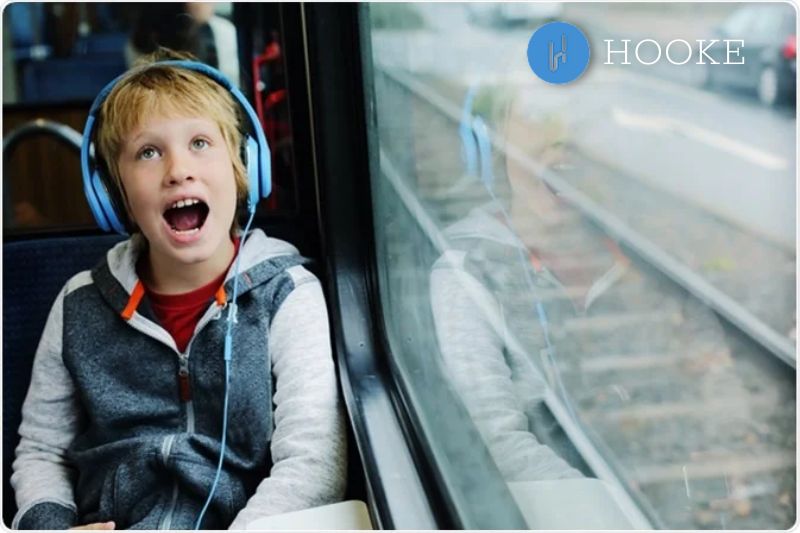
Auditory Stimulation
Autistic individuals may wear headphones to help manage auditory stimulation. As mentioned earlier, autistic individuals can be more sensitive to sensory input, including sound.
Headphones can help neuroatypical focus and participate by reducing exterior noise.
Children with autism may feel overwhelmed in noisy or crowded places, thus headphones might help them feel in control.
They can focus on their thoughts or activities by wearing noise-reduction headphones for autism.
In addition, some autistic individuals may be interested in certain sounds or music. They may find comfort in listening to familiar sounds or music they enjoy. Headphones can help them immerse themselves in these sounds, providing comfort and relaxation.
While headphones might assist manage sensory input, they may also indicate pain or anxiety.
Overwhelmed senses may cause an autism person to wear headphones or avoid particular sounds or places.
In these circumstances, support and adjustments for sensory needs are crucial.
To Avoid Sensory Overload
As a result, loud or sudden noises can be overwhelming and distressing for them. Headphones are a solution to this problem, as they can reduce the quantity of noise entering their ears.
Headphones can also provide a sense of control and predictability for autistic individuals. Familiar music or white noise can assist regulate sensory input and lessen anxiety.
Autistic people can establish a pleasant, sensory-free setting by wearing headphones.
However, autism people can use headphones to let others know they need space and may not be able to interact. Headphones can also help autistic disorder people avoid uncomfortable social interactions.
To Stay Focused
Neurodivergents often wear headphones to stay focused in overwhelming or overstimulating environments.
Autism makes it hard for people to focus in noisy or chaotic surroundings since they’re more receptive to sensory input.
Autistic adults and kids can focus and interact in their surroundings by using noise-sensitive headphones.
Headphones can also serve as a coping mechanism for autistic individuals in social situations. Some autistic kids have trouble communicating and understanding nonverbal clues.
Wearing headphones can lessen anxiety and make it simpler to communicate and interact with others.
Communicate Better
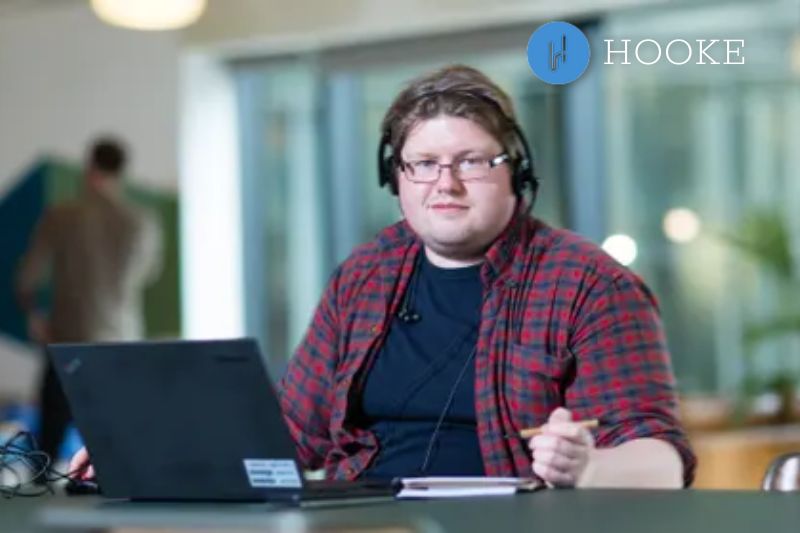
Headphones or earplugs assist autistic people cope with sensory overstimulation and speak.
Background noise and sudden loud noises might overwhelm autistic people. This makes it hard to focus on talks or other tasks.
To wear noise-cancelling headphones may help those with autism concentrate on what they are trying to say or do.
Wearing headphones can help them feel safe and secure while decreasing external noise.
Some people find headphones or earplugs comforting because they make them feel enclosed or protected.
This is especially effective in stressful or anxious situations like social events or busy public areas.
Assert Their Independence and Control Over Their Environment
Many autistic people wear headphones to assert their independence and control their environment. They can manage their sensory input with headphones, which can improve their health and function.
When these people experience sensory overload, it can lead to emotional and physical distress.
Some children with autism can’t stand the noise of a crowded room or the buzz of neon lights. In order to lessen the volume of ambient noise, they put on headphones.
Autistic people can convey their wishes and preferences by wearing headphones.
Headphones indicate that they need a calmer setting or prefer to listen to their own music.
It can also serve as a social cue for others to approach them differently or communicate through non-verbal means.
People with autism can also show their freedom when they feel out of control by putting on headphones.
For example, headphones can help students and workers concentrate in school and the workplace.
The Best Headphones for Autistic Adults and Kids

ASD patients are sensitive to sensory stimuli, particularly sound, making music listening difficult.
The correct headphones can improve autistic adults’ and children’s listening experience.
This article reviews the best headphones for autistic adults and kids based on features, comfort, and quality.
Bose QuietComfort 35 II
The Bose’s noise-canceling technology makes it one of the best headphones for autism adults and children. The headphones have a comfortable fit, making them ideal for extended use.
The headphones’ simple controls allow the autistic to use them freely. Autistic children and adults’ headphones can play wirelessly for 20 hours.
Sony WH-1000XM4
Another pair of noise-cancelling headphones for the autistic kids and adults is Sony WH-1000XM4. The headphones fit well, with soft earpads and a padded cap that relieves pressure on the ears.
The headphones have touch controls for volume and playback, making them easy to use.
Sennheiser Momentum 3 Wireless
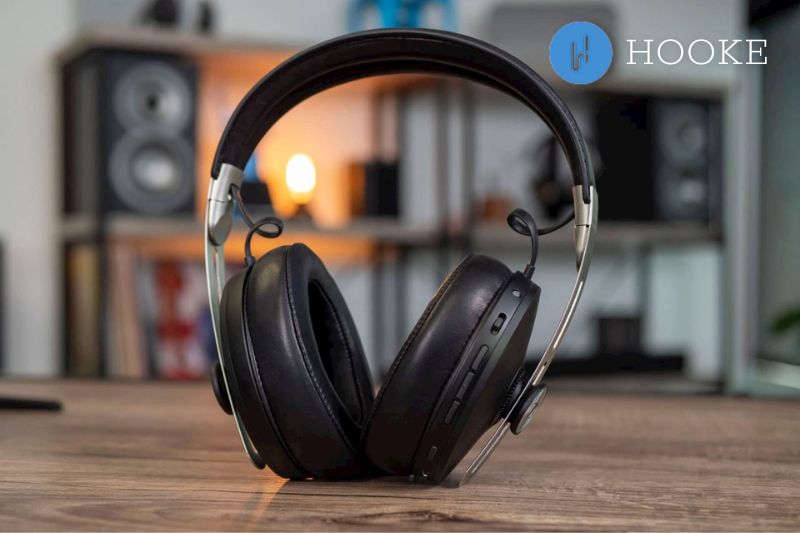
Sennheiser Momentum 3 Wireless headphones suppress external noise with active noise-canceling technology. The headphones’ earpads are soft leather, making them comfortable for extended periods.
The headphones include simple settings for volume, music skipping, and calling. The headphones’ carrying case makes them portable.
Philips SHB8750NC
The Philips SHB8750NC noise-cancelling headphones are great for autistic people who are sensitive to sound. Soft earpads and a padded collar make the headphones easy to wear.
Adult sensory processing disorder headphones include straightforward controls for volume, track skipping, and calling. The headphones have a long battery life, with up to 16 hours of wireless playback.
Puro Sound Labs PuroQuiet
The Puro Sound Labs PuroQuiet noise-canceling headphones for autism are made for children. It also has volume-limiting technology that limits the sound to 85 decibels, lowering the risk of hearing damage.
The best headphones for people with hearing issues have technology that cancels out outside sounds. This makes them perfect for autistic children who are sensitive to sounds.
The best earplugs for sensory overload have a comfortable fit, with soft earpads and a padded headband. The headphones have a long battery life, with up to 22 hours of wireless playback.
Mpow Kids Headphones
Mpow Kids headphones are another excellent choice for autistic children. Autism noise-canceling headphones limit noises to 85 dB, reducing hearing damage.
Soft earpads and a padded sweatband make noise-canceling headphones for autistic kids pleasant. The headphones have a long battery life, with up to 15 hours of wireless playback.
LilGadgets Connect+ Pro Kids Headphones
The LilGadgets Connect+ Pro Kids headphones are made for kids and have technology that limits the noise to 93 decibels. This lowers the risk of hearing damage.
The best headphones for autism have soft earpads and a padded cap to reduce pressure on the ears. Autism-friendly noise-canceling headphones can play music wirelessly for 12 hours on a charge.
Can Headphones Treat Autism?
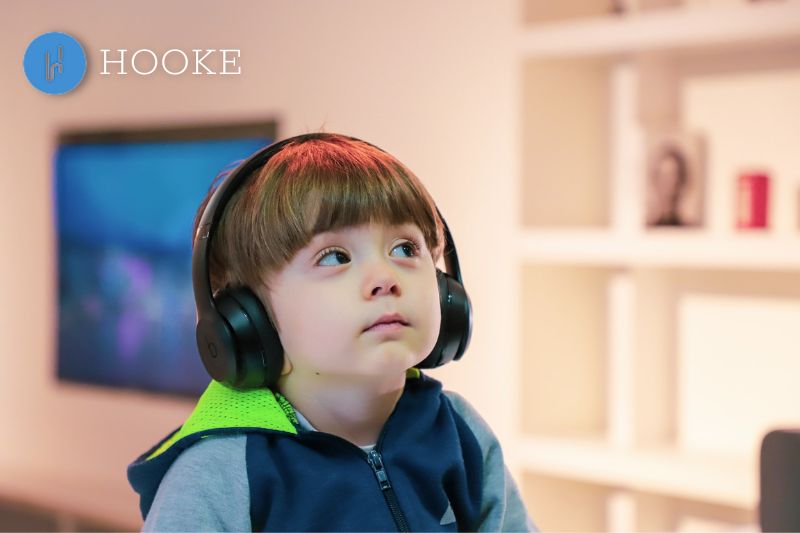
No, headphones and earplugs or adult autism products for autism cannot treat autism. Autism is a neurodevelopmental disorder that affects communication and social behavior.
Headphones and loop earplugs may reduce noise sensitivity for some autistic people, but they don’t treat autism.
Kids with autism need the right kind of help and interventions to deal with their unique wants and problems.
This may include behavioral therapy, social skills training, speech therapy, occupational therapy, and medication for comorbid conditions such as anxiety or ADHD.
The best way to treat autism is to look at the person’s strengths and weaknesses, as well as their wants and preferences.
Read more:
- Best Headphone Under 1000 Dollars
- Best Headphone For Kids
- Are Bone Conduction Headphones Safe?
- Headphones Vs. Earbuds
FAQs
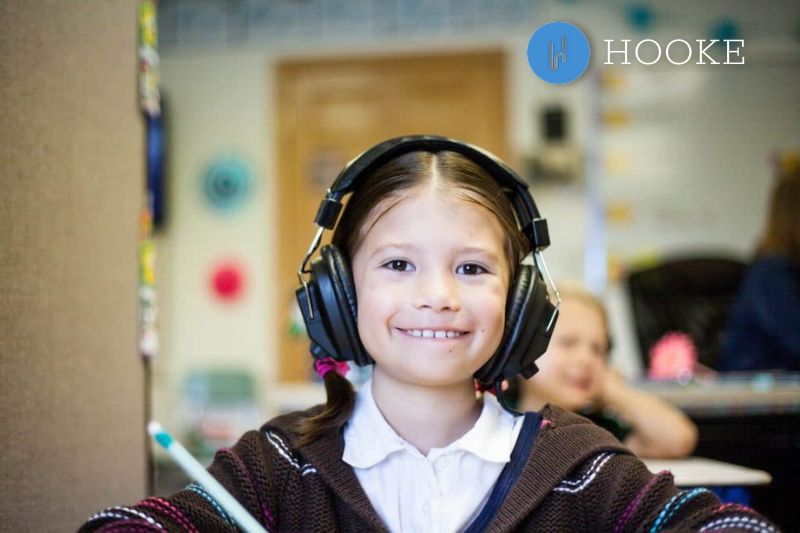
Are all autistic people sensitive to noise?
Not all autistic individuals are sensitive to noise. However, many autistic patient experience sensory processing difficulties, including sensitivity to sound.
Do all autistic people wear headphones?
No, not all autistic individuals wear headphones. Some neuroatypicals may employ coping tactics that aren’t always related to sensory processing.
Is wearing headphones a sign of autism?
Many neurotypical people wear headphones, thus using them does not necessarily indicate autism. Some neurodiverses use headphones to manage sensory overload.
How can I support an autistic person who wears headphones?
If you know someone who wears headphones, respect their need for sensory control and interact comfortably.
Ask someone using headphones if they prefer verbal or nonverbal communication.
Additionally, sensory overload sufferers may benefit from a quieter, more sensory-friendly atmosphere.
Conclusion
Neurodivergents can gain freedom and control by wearing headphones. Wearing headphones can help the autistic modulate their sensory input.
Additionally, wearing noise-canceling headphones can help autistic patients communicate, focus, and work.
Society must tolerate neurodivergent’s coping methods, including headphones, to help them succeed.

